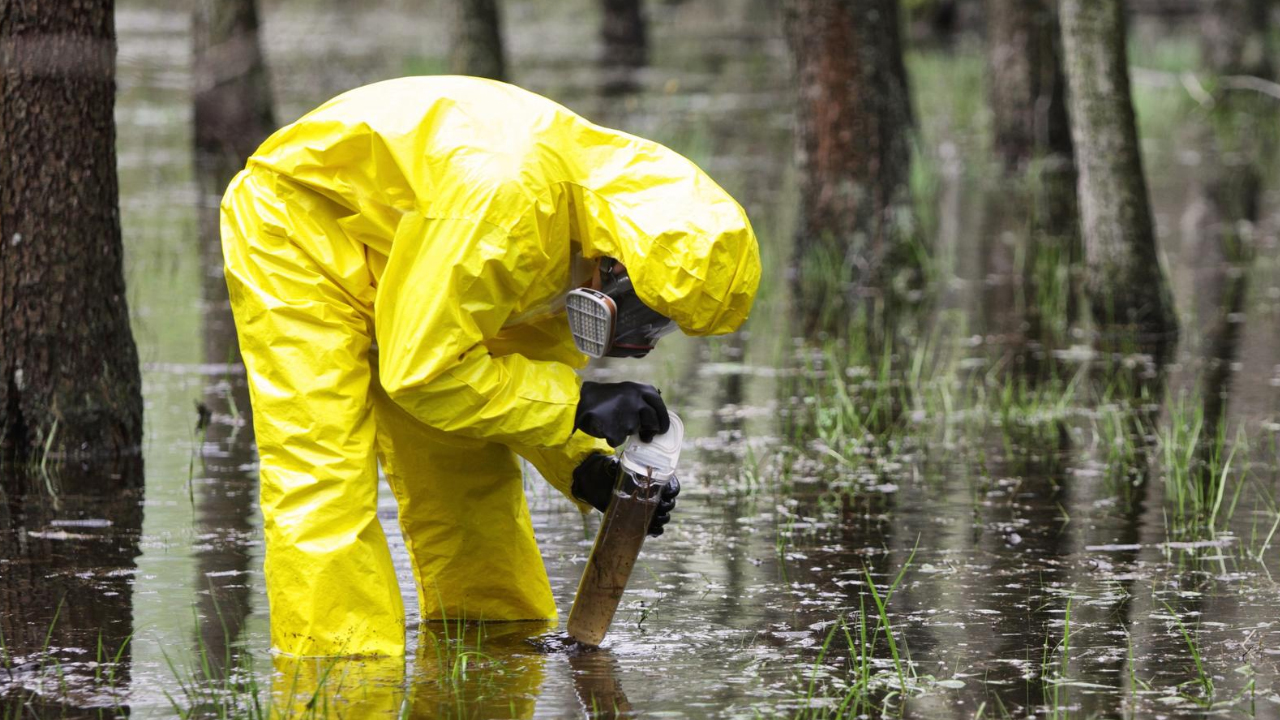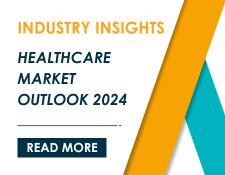
July 17, 2023 — When I was an undergraduate pup taking Advanced Physics, we got a lesson on Standard Temperature and Pressure (STP), the point of which was that physical systems are very sensitive to variations in basic working parameters. We tend not to think of STP as part of risk planning for workers' comp, but perhaps we should. A new report from KFF (Climate-Related Health Risks Among Workers: Who is at Increased Risk? | KFF)* asks a question all of us with real, live employees should be interested in — "Climate-Related Health Risks Among Workers: Who is at Increased Risk? [emphasis added]"
We have noted a number of reports over the last few years which call attention to the changing climate stress impacting comp and other risks generally. What makes this new item particularly important is its unprecedented level of detail. The authors note in the introduction: "This analysis identifies occupations that are at increased risk of climate-related health impacts, examines the characteristics of workers in these jobs, and discusses the implications of these findings." That starts to look like actionable information.
The concept of "climate change" is a big fuzzy word that means many things to many people. Like another buzzword du jour, AI, it is often applied without precision. The KFF study has a lot of brass tacks which make expected impacts very real. For example, this list of occupations. Recognize anyone?
Occupation Groups by Climate-Related Health Risks
- Community and social service occupations
- Health care practitioner and technical occupations
- Health care support occupations
- Protective service occupations
- Food preparation and serving related occupations
- Building and grounds cleaning and maintenance occupations
- Farming, fishing, and forestry occupations
- Construction and extraction occupations
- Installation, maintenance, and repair occupations
- Production occupations
- Transportation and material moving occupations
- Management occupations
- Business and financial operations occupations
- Computer and mathematical science occupations
- Architecture and engineering occupations
- Life, physical, and social science occupations
- Legal occupations
- Education, training, and library occupations
- Arts, design, entertainment, sports, and media occupations
- Personal care and service occupations
- Sales and related occupations
- Office and administrative support occupations
The purpose of this kind of research is to alert risk managers as well as planners, line managers, employee health and safety staff and others to specific potential increasing hazards. The recent heat dome over Texas with record high temperatures day after day** serves as an example of the kind of climate related risks sneaking up on us.
We have noted several time in these pages how climate change can impact facilities, all types of supply chains, even communications, but the most profound threat may be to our employees. Google tells us that 67,000+ weather events killed 570 Americans and seriously injured 1,746 more in 2019 (last complete year before COVID scrambled our record keeping). Our engineering to date has kept these numbers modest for most of a century now. But bear in mind, the Johnstown flood of 1889 killed 2,208 in one weather caused event with no warning, no weather alerts.
We should not get complacent as new weather threats gather. That's the point of this report. Plain old heat, for example, is a remarkably sneaky predator, killing and crippling people and animals just doing their jobs without show or warning. Those of us who work in air-conditioned offices far from the dust of construction sites or the noise and smells of the factory floor may be prone to underestimating what mere weather can do to our people***. KFF is ringing some alarm bells — quietly and professionally, but ringing them all the same. Are any of your business operations on their "at-risk" list?
*An outgrowth of the Kaiser Family Foundation and a major player in research regarding health trends and policies.
**That heat crisis gave fresh meaning to General Sherman's famous observation: "If I owned Texas and Hell, I'd rent out Texas and live in Hell."
***News worth a look: If your organization is unusually sensitive to weather events, check out this article from Forbes — https://www.forbes.com/sites/ianpalmer/2023/07/10/how-to-better-predict-hurricanes-and-droughts-for-oil-industry-and-climate-change/. This piece looks at a very new way of looking at precise weather prediction using genetic algorithms developed at Cal-Tech (not Stanford, but a good school all the same). If you have expensive assets potentially in harm's way — oil facilities around the Gulf of Mexico, let's say — this new information should be on your reading list.
Author

Dr. Gary Anderberg
Make Gallagher Bassett your dependable partner
When making the right decision at the right time is critical to minimize risk for your business, count on Gallagher Bassett's extensive experience and global network to deliver.

